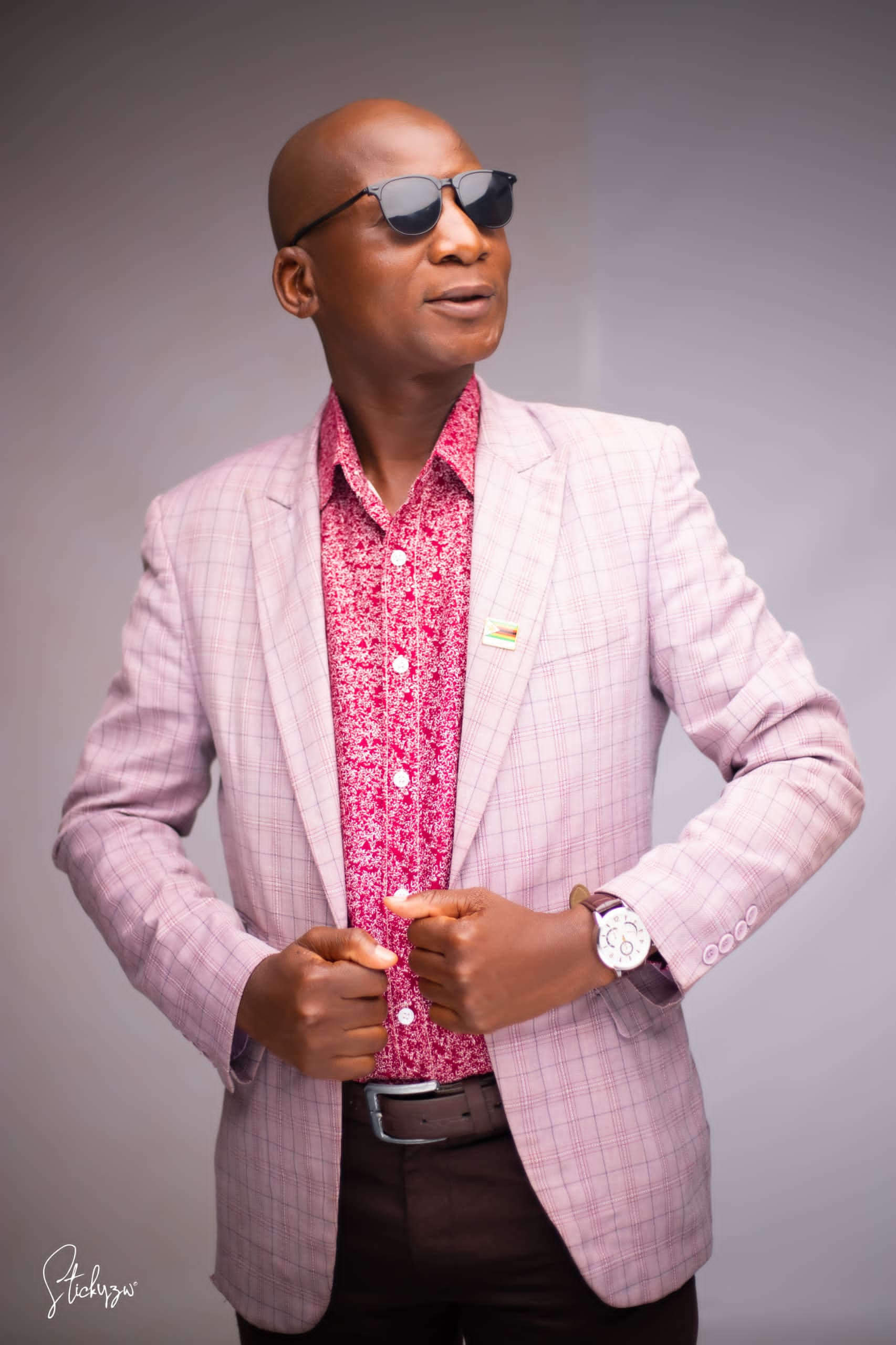By Irene Moyo
Nkulumane Constituency—Honourable Desire Moyo, the Member of Parliament for Nkulumane, delivered a powerful speech during his tour of local schools, calling for a fundamental shift in Zimbabwe’s education system. As the Guest of Honour at the ECD graduation and prize-giving ceremonies at Amavene Primary School, Jubilee Academy, Nkulumane High School, and several others constituency academic facilities, he challenged the conventional approach to education, insisting that “school education should be complemented by life education that enables students to adjust both in the classroom and in the field.”
His speech was not just a celebration of academic achievement but a call to rethink the very fabric of learning in Zimbabwe.
With a voice that carried the weight of visionaries before him, Hon. Moyo dissected the shortcomings of the education system, arguing that an overemphasis on theoretical learning had crippled the nation’s ability to produce individuals who can thrive in a rapidly changing world.
“For decades, we have measured intelligence by how well a child can memorize facts and repeat them in an exam,” he stated. “But tell me, where do we teach our children to navigate failure? To manage money? To negotiate deals? To innovate solutions that will break the chains of poverty?” He emphasized that education should not just create workers but build a generation of entrepreneurs, critical thinkers, and problem solvers.
He painted a stark picture of a country where graduates roam the streets with degrees but without employment or the practical skills needed to create their own opportunities.
He drew from Africa’s greatest minds, quoting Kwame Nkrumah’s assertion that “education is the key to success, but if the lock has changed, then the key must be restructured.” He spoke of Julius Nyerere’s model of self-reliance, asking why Zimbabwe’s education system still adheres to colonial models that have long been abandoned elsewhere.
“Nelson Mandela said education is the most powerful weapon with which we can change the world, but in Zimbabwe, we hand our students this weapon without teaching them how to wield it,” he remarked. “We must move beyond just handing out degrees and certificates; we must empower minds with the ability to create wealth, to solve problems, and to lead with wisdom.”
Hon. Moyo highlighted the urgent need to integrate practical subjects into the curriculum, such as financial literacy, digital entrepreneurship, mental health education, and industrial training. He criticized the gap between education and industry, where students graduate with distinctions but lack hands-on experience in their fields. “Our children are being prepared for a world that no longer exists,” he said.
“While other nations are equipping their youth with coding, robotics, artificial intelligence, and business acumen, we are still fixated on textbooks that offer no real-world application.”
He called upon educators to rethink their role, urging them to go beyond preparing students for exams and instead shape them for life. “A teacher’s duty is not to simply impart knowledge, but to ignite curiosity, nurture resilience, and cultivate adaptability,” he said. He also implored parents to take a more active role in their children’s education, beyond just monitoring their grades.
“Parents, do not just ask if your child passed—ask if they learned how to think, how to build, how to lead.”
Addressing policymakers, Hon. Moyo challenged them to embrace educational reform with urgency. “We cannot afford to wait for directives from above while the youth of this country remain trapped in an outdated system,” he warned.
“If we want Zimbabwe to rise, we must start by restructuring the very foundation of its future—education.” He urged the government to invest in vocational training, introduce mentorship programs, and facilitate industry partnerships that allow students to gain real-world exposure before they graduate.
As his speech concluded, the applause was not just in recognition of his words but of the undeniable truth behind them. Hon. Moyo had not merely spoken; he had sparked a conversation that could define the future of education in Zimbabwe.
His message was clear—education must evolve, or Zimbabwe risks losing yet another generation to a system that no longer serves them. The question now remains: will the nation heed his call and move beyond tradition, or will it continue to produce students prepared only for exams rather than for life itself?








